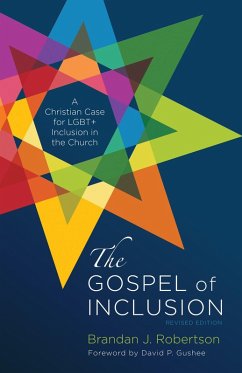1. Addressing Real-World Issues:
The Corinthian letters deal with numerous challenges faced by an early Christian community, many of which still resonate in modern churches. By preaching from these texts, pastors can demonstrate how biblical principles apply to contemporary situations. This relevance helps believers see the Bible as a living document, capable of guiding them through their own struggles and questions.
2. Unity in Diversity:
Paul addresses divisions within the Corinthian church, emphasizing the importance of unity in Christ despite differences. In our increasingly diverse world, these teachings are crucial for fostering harmony and mutual respect among believers from various backgrounds. Preaching on these themes can help congregations embrace diversity while maintaining a strong, unified identity in Christ.
3. Spiritual Gifts and Their Purpose:
1 Corinthians provides extensive teaching on spiritual gifts, their proper use, and their ultimate purpose in edifying the church. Preaching on these passages helps believers understand their own giftings and how to use them for the common good. It also promotes a balanced view of charismatic expressions within the context of orderly worship.
4. The Centrality of Love:
The famous "love chapter" (1 Corinthians 13) offers a profound exposition on the nature and importance of Christian love. Sermons on this passage can deepen believers' understanding of God's love and challenge them to embody it in their relationships with others. This teaching is fundamental to Christian character formation and witness.
5. The Resurrection and Hope:
Paul's powerful defense and explanation of the resurrection in 1 Corinthians 15 provides a cornerstone for Christian hope. Preaching on this chapter strengthens believers' faith in the face of death and suffering, offering assurance of future glory and the ultimate triumph of Christ over all enemies.
6. Christian Ethics and Moral Behavior:
Both epistles address various ethical issues, including sexual morality, lawsuits among believers, and proper conduct in worship. These teachings help Christians navigate complex moral landscapes, encouraging them to live distinctively in a world that often promotes conflicting values.
7. The Nature of Christian Ministry:
Paul's reflections on his own ministry and the nature of apostleship provide valuable insights into Christian leadership and service. Preaching on these themes can inspire believers to view their own work and ministry through a biblical lens, emphasizing faithfulness, humility, and dependence on God's grace.
8. Dealing with Church Discipline:
The Corinthian letters address the delicate issue of church discipline, offering guidance on how to handle serious sins within the community. Sermons on these passages can help churches maintain biblical standards while exercising grace and pursuing restoration.
9. The Power of Weakness:
In 2 Corinthians, Paul boasts in his weaknesses, demonstrating how God's power is perfected in human frailty. This counter-cultural message is vital for building resilient faith that relies on God's strength rather than human abilities or achievements.
10. Generosity and Stewardship:
Paul's teaching on giving and financial stewardship in 2 Corinthians provides a biblical framework for generosity. Preaching on these passages can cultivate a culture of joyful giving and responsible management of resources within the church.
Dieser Download kann aus rechtlichen Gründen nur mit Rechnungsadresse in A, B, BG, CY, CZ, D, DK, EW, E, FIN, F, GR, H, IRL, I, LT, L, LR, M, NL, PL, P, R, S, SLO, SK ausgeliefert werden.









